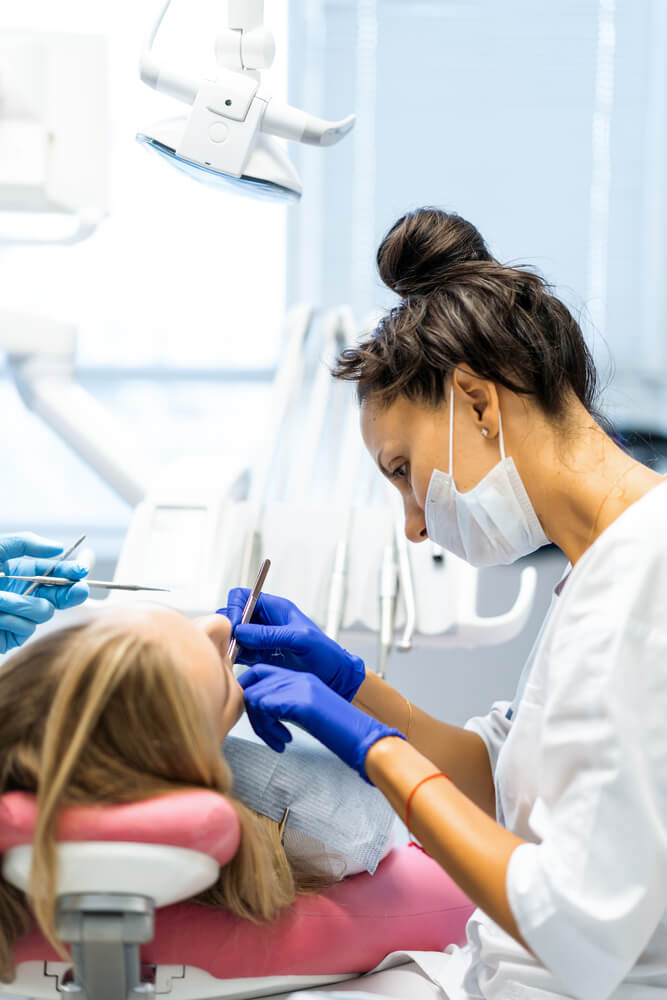
Tuition Costs Affect How Younger Dentists Conduct Business
One of the biggest issues in how dental practices operate today is student loan debt. State funding for dental schools has dramatically dropped. At the same time, tuitions have risen by nearly 100 percent in the past generation. In the late 1980s, state funding covered 52.2 percent of dental school educational costs. In 2012, this percentage dropped to an all-time low of 12.5 percent.
As states reduce funding, the natural response of schools is to raise tuition to cover the gap. This means tuition costs have risen by many times more than the inflation curve. Sadly, today’s and tomorrow’s dentists feel the crunch. They must shift how dental practices operate, to compensate for these changes.
What High Student Debt Means for How Dental Practices Operate
With the average dental student graduating with $247,000 in debt, what does this mean for how dental practices operate? What changes is the career path for these new dental professionals. They are not like predecessors of the past 20 years. Instead, many must choose directions other than practice ownership.
Millennial dentists do not necessarily want to become part of a giant corporation or a large network. But corporate dentistry is the only option for a large percentage. About half of recent graduates turn to these conglomerates to begin their career and start paying down some of their overwhelming tuition debt. More significantly, this means that fewer than half of new dentists even consider going into private practice.
Other Factors that Affect How Dental Practices Operate
Other factors coming into play in dental practice ownership include the past decades’ economic downturn. Millennials faced the pre-2010 recession as young adults. They felt scarred by the country’s financial state and, as a result, suffer much lower credit scores and higher debt than generations before them. With this poor credit and high debt-to-income ratio, many just do not qualify to buy a dental practice.
Millennials also fear the job market’s instability. As a result, many did not work while pursuing their education. They live with their parents longer. At the same time, this fear drives them to stick with their first employer for more years than prior generations. They do not seem to carry the early career urge for ownership as their elder counterparts did.
Young women coming out of dental school make up about half of graduates. This shift has changed how dental practices operate, in that many women prefer to balance their work and home lives. Many seek to have children in their 20s or 30s, as a priority over owning a practice. By working as an associate or employee, they maintain more control over their personal life balance while also advancing their careers.
What does all of this mean, when you seek to sell your dental practice?
When you are selling your dental practice, you must consider how these generational shifts affect your transition. Your practice may even sell to one of the corporations of dental care, as opposed to an eager young upstart ready to take on what you have built. Or it may take longer for you to find an interested party, who may not fit the profile of whom you expected to be your “ideal buyer.” This is why so many dentists selling their practices turn to dental practice brokers or transition consultants for help.
Almost half of today’s dentists are age 55 or older. With more retiring dentists, this means that the market is about to saturate with practices for sale. Selling will only grow more difficult as the next decade plays out.
With so much affecting how dental practices operate and who sits at the helm, you need experienced help in selling yours. Schedule a free consultation with dental transition experts of Encompass IHC who understand the changing Syracuse, New York market. Call 919-395-0444 today.

